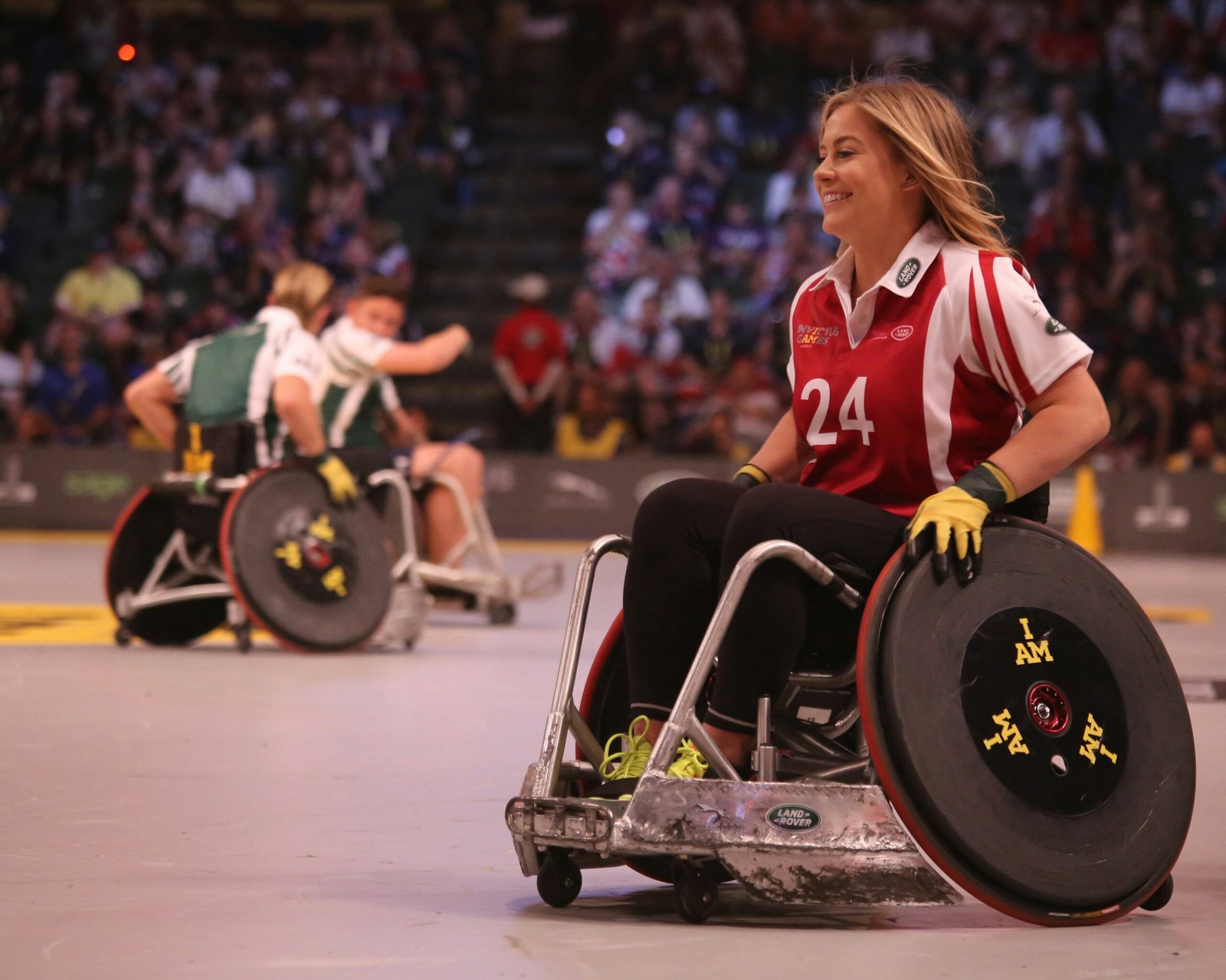Empowering Athletes with Disabilities through Adaptive Sports
Adaptive sports have become a powerful tool in empowering athletes with disabilities. These sports provide individuals with physical, sensory, or intellectual impairments the opportunity to participate in various athletic activities, promoting inclusivity, physical fitness, and personal growth.
What are Adaptive Sports?
Adaptive sports, also known as disabled sports or para sports, are modified versions of traditional sports designed to accommodate individuals with disabilities. These sports aim to create a level playing field for athletes with impairments, allowing them to compete and excel in their chosen discipline.
Adaptive sports can include a wide range of activities such as wheelchair basketball, sitting volleyball, para swimming, para cycling, powerlifting, and many others. These sports are tailored to the specific needs and abilities of each athlete, ensuring that they can fully participate and enjoy the benefits of physical activity.
The Benefits of Adaptive Sports
Participating in adaptive sports offers numerous benefits for athletes with disabilities, both physically and mentally. Here are some of the key advantages:
1. Physical Fitness and Rehabilitation
Engaging in adaptive sports provides individuals with disabilities the opportunity to improve their physical fitness and overall health. Regular participation in these activities helps to increase strength, endurance, flexibility, and coordination. It also aids in rehabilitation by promoting muscle development, improving cardiovascular health, and enhancing motor skills.
2. Social Inclusion and Community
Adaptive sports foster a sense of belonging and community among athletes with disabilities. By participating in these sports, individuals have the chance to connect with like-minded individuals, share experiences, and build lasting friendships. It also provides a platform for social integration, breaking down barriers and challenging societal stereotypes.
3. Self-Confidence and Empowerment
Engaging in adaptive sports can significantly boost an individual’s self-confidence and sense of empowerment. Overcoming challenges and achieving personal goals in sports can have a profound impact on an athlete’s self-esteem. It instills a sense of accomplishment, resilience, and determination, which can translate into other areas of their lives.
4. Skill Development and Competition
Adaptive sports offer athletes with disabilities the opportunity to develop and refine their skills in a competitive environment. Through training and competition, athletes can enhance their technique, strategy, and teamwork. This not only improves their performance in their chosen sport but also equips them with valuable life skills such as discipline, goal-setting, and sportsmanship.
5. Inspiration and Role Modeling
Athletes with disabilities who participate in adaptive sports serve as an inspiration to others. Their determination, perseverance, and achievements challenge societal perceptions of disability and showcase the potential of individuals with disabilities. They become role models for others, encouraging them to pursue their passions and overcome obstacles in their own lives.
Challenges and Solutions
While adaptive sports have made significant strides in promoting inclusivity and empowerment, there are still challenges that need to be addressed:
1. Accessible Facilities and Equipment
One of the primary challenges faced by athletes with disabilities is the lack of accessible facilities and specialized equipment. To overcome this, it is crucial to invest in the development of adaptive sports infrastructure and ensure that venues are equipped with the necessary adaptations to accommodate athletes with various impairments.
2. Awareness and Funding
There is a need for increased awareness and funding for adaptive sports programs. Many individuals with disabilities are unaware of the opportunities available to them or face financial barriers to participation. By raising awareness and securing funding, more athletes can be reached, and the benefits of adaptive sports can be extended to a wider audience.
3. Inclusivity and Representation
Efforts should be made to ensure that adaptive sports are inclusive and representative of the diverse range of disabilities. This includes providing opportunities for athletes with different types and severities of impairments and promoting gender equality within the sports. It is essential to create a welcoming and inclusive environment where all athletes feel valued and supported.
Conclusion
Adaptive sports have proven to be a powerful tool in empowering athletes with disabilities. These sports not only provide physical fitness and rehabilitation benefits but also promote social inclusion, self-confidence, skill development, and inspiration. By addressing the challenges and working towards greater accessibility, awareness, and inclusivity, we can continue to harness the power of adaptive sports and create a more inclusive society for athletes with disabilities.

